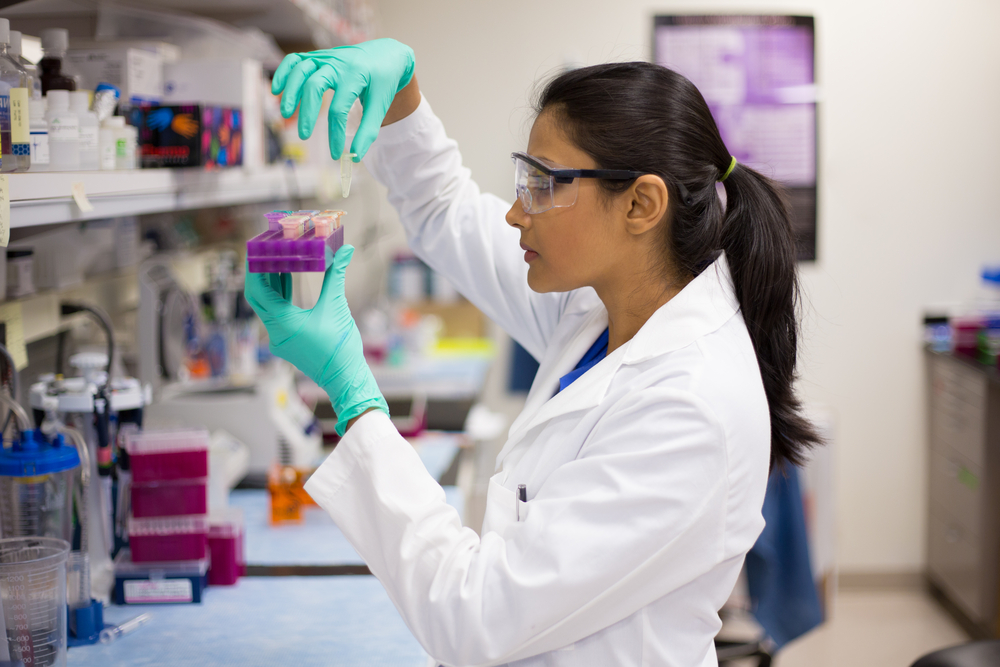
Throughout history, the most developed and prosperous lands would boast well established patrons of the arts and education. Indeed, the Renaissance itself was a time when learning and inquiry was allowed to flourish to the benefit of society both culturally and economically. The ‘university’ and other forums of learning and debate were focal points for these developments and sometimes even served as the engine driving this vehicle of change. In modern times, educational establishments may still serve as the cornerstone for a nation’s development and be a driving force of change. It may just need a little nudge or reform.
Drawing On History
Development may often be achieved out of need and this may be the case with the Caribbean’s premier tertiary educational body of UWI (University of The West Indies). Its St Augustine campus in TT emerged from the colonial Imperial College of Tropical Agriculture. Consequently, its Mona Jamaica branch has origins in Britain’s need to reform and improve higher education and research in British colonies. Having built off of this, UWI St Augustine boasts its Cocoa Research Unit which has aided in allowing TT to have some of the world’s premier cocoa variants. Yet this vast potential is scarcely capitalized on save via a few niche cocoa products produced locally.
Our local climate and history is quite literally ripe with opportunities in agricultural R&D. Indeed, the Moruga Scorpion once won awards for being the world’s hottest pepper at a point. There is potential here for companies both local and foreign to partner with domestic educational establishments, tap into our intellectual resources and research productive, resistant and affordable new strains in various tropical crops. These patented products can be sold or farmed locally providing a boon to the local economy at the farming and business level.
Forays Into Biomedical Research
A piece from the Nature Medicine journal notes that the coronavirus epidemic was an entirely different ball game for smaller, more vulnerable nations. Not only were their healthcare systems less robust in dealing with any pandemic but their unique economic, social and climate based conditions may have meant that across the board approaches would not always be the most effective. Another case study from BMC Medical Ethics notes that smaller, developing nations tend to be greatly underrepresented in research literature. This means that key data, findings and new forays into research are going unfounded and untapped.

Partnership research with educational establishment can easily change this. Not only are the tropics home to diseases that are unique to the climate but it also means that more common diseases may spread, manifest and run their course differently. An ideal example is the very same aforementioned coronavirus which peaked and waned at different periods in colder vs warmer nations. Consequently, what if climate factors into the differences between variants as they emerged in a vast array of nations? These are but some questions regarding a major disease that could very well be a major topic of research for an aspiring student.
To see such things challenged, Caribbean governments should firstly partner themselves towards research initiatives followed closely by an astute drive to draw in both local and foreign private investment. Consider expanding and upgrading university facilities followed by inviting pharmaceutical companies and other foreign partners to set up shop or utilize local intellectual talent.
Building On Established Paradigms
In previous pieces we spoke about matters such as attracting foreign investment by building relationships with overseas entities and companies. In much the same way, building a foundation of education based research is also an exercise in relationship building. This means building relationships with foreign companies by incentivizing them to utilize local talent and institutions through accessible operating environments, a ‘business friendly’ investment policy and taxes to match. Such a direction would greatly assist in a key and fundamental aspect of our next point.
The ABC’s of Degrees
It’s been a problem discussed and acknowledged for many years and it’s one that needs addressing. Many local universities have a large disparity between those who pursue undergraduate degrees and those who come back to pursue actual research via postgraduate studies. Looking at UWI St Augustine’s enrollment figures prior to the onset of the COVID pandemic we see this hasn’t changed much. Even during the heyday of programmes such as GATE this problem was still very much apparent.

Through the use of aforementioned business partnerships, companies can sponsor and recruit talented young minds to engage in research by footing the cost of their expanded studies. This would be greatly needed by many in today’s pandemic influenced financial climate. Consequently, it would address one of the major issues dissuading individuals from pursuing further studies and research. This is the matter of suitable employment. To many, pursuing postgraduate studies is both costly and risky compared to the immediate gratification of pursuing financially stable employment immediately after obtaining their undergraduate degree. Additionally, they may find themselves underemployed even if they succeed in advanced studies.
FDI and business partnerships would assuage this worry through the possibility of employment, particularly for those fully invested in research. Academic advising, counsel and weaving courses into undergraduate degrees which encourage a Pro-STEM research based mindset can also assist in nudging students towards advanced studies.
Thus, we see that using local educational institutions as a place of economically beneficial research and development is not an outlandish and farfetched proposal. Rather it is one requiring keen relationship building and an astute appreciation for tapping into local potential.